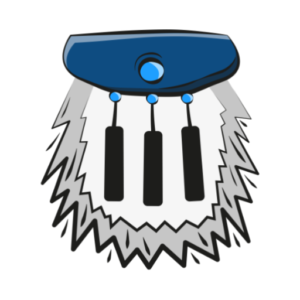On the Pitch In session at the weekend we were discussing composers and how they fit in to different eras. The 4 big hitters when it comes to eras are baroque, classical, romantic and modern (or 20th century).
A friend of mine, a number of years ago, was talking about how he found new wines to enjoy. His knowledge was excellent which can only say to me that he has consumed more wine than your average drinker.
His method was to have a bottle, find the region it came from, its rough age and the grape that was used. From there he would then look for other wines that came from similar regions and go off on a journey of discovery. I would imagine this would be over a period of a long time but I don’t want to speak on his behalf.
How does this relate to music?
A while ago, I had a video on how to use the snappily titled The Pianists Guide to Standard Teaching and Performance Literature. This book breaks down music in to the different eras, composers and each piece of music with a difficulty level.
Similar to my friend’s approach to wine, we can use this book to start finding new repertoire based on what we know. Let’s take an example.
If I am playing Ave Maria from Burgmuller’s 25 etudes op 100, I know a couple of things. First, it was written by Burgmuller (obviously) who lived around the early to mid 1800s. This puts his music in to the Romantic era and the book tells me it’s level 4.
If I love this piece then I can look for other composers who lived around that time and they wrote repertoire at about level 4. A quick check and I found Schumann’s Sicilienne from his Album for the Young. If I wanted a lesser known composer I could take a punt at Fritz Spindler’s Sonatina in A minor from opus 157.
Next, jump on to YouTube, search for your music and if you like it then get yourself a copy.
The great thing here is that we have a huge selection of music in the public domain on IMSLP. On this site you can search for your music, download it for free and get started. Of course, you could buy it as well.
There are always ‘go to’ composers but you never know when you’ll find a new composer and grow to love their music. The world’s your oyster.

